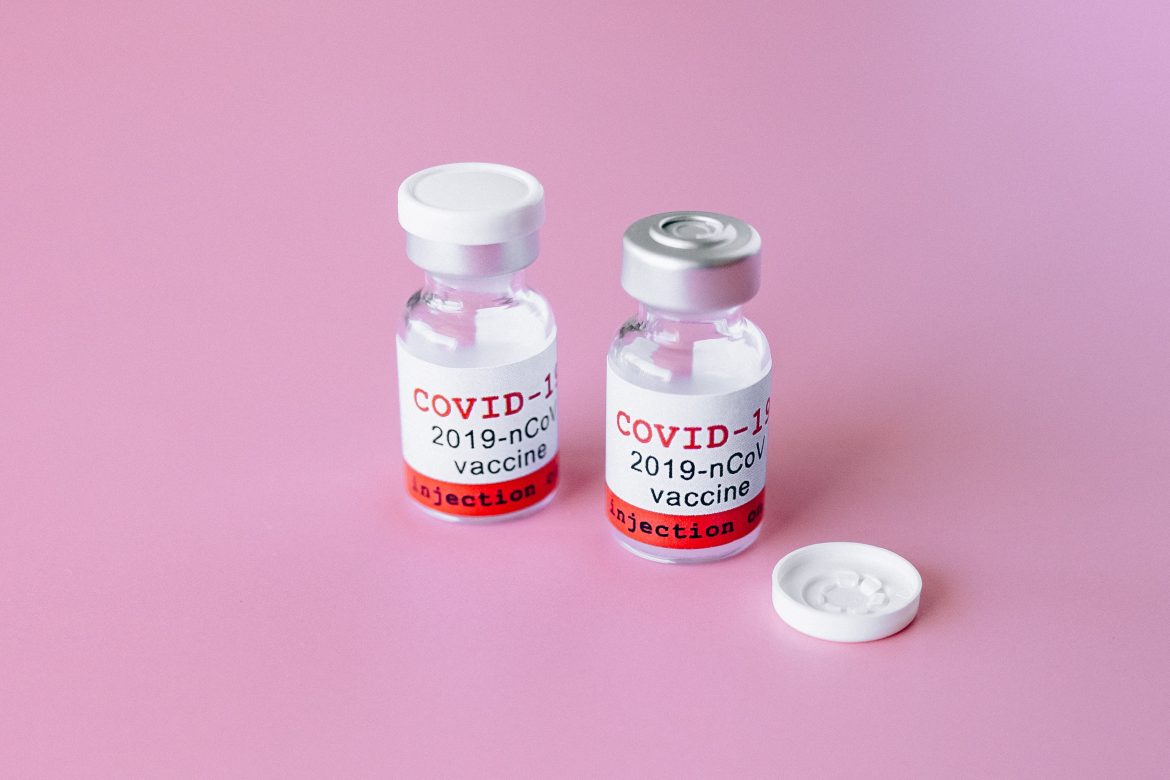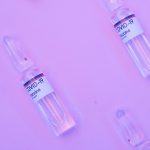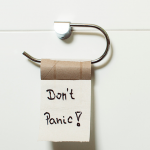We got huge news in the global fight against the COVID-19 pandemic this week: the UK has approved the first COVID-19 vaccine. It will begin administering doses of the Pfizer-BioNTech vaccine in a matter of days. Given that other vaccines take years to be developed and approved, the good news is being met with two big questions. First, why are COVID-19 vaccines being approved so quickly? And second, does that make them less safe?
Big questions deserve clear answers. Read on for a straight up explanation of how scientists are getting the COVID-19 vaccine approved so quickly.
We Have Prior Experience With Coronaviruses
It feels wrong to admit, but we are kind of lucky that this pandemic is because of coronavirus. Terminology is the key here: COVID-19 is a specific disease, but coronavirus is a category of viruses.
We’ve had epidemics of similar coronaviruses before, like SARS in 2003 and Mers in 2012. Because these viruses are so closely related, scientists already knew a lot about how this new strain would ‘behave’ as soon as the outbreak began. They weren’t starting with a completely unknown disease.
This pre-existing knowledge helped accelerate the early stages of understanding COVID-19 and vaccine development.
It’s fantastic that @MHRAgovuk has formally authorised the @Pfizer/@BioNTech_Group vaccine for Covid-19. The vaccine will begin to be made available across the UK from next week. (1/2)
— Boris Johnson (@BorisJohnson) December 2, 2020
Loads of Money, Resources and a Common Goal
Almost every scientist, researcher and medical expert who has publicly commented has said the same thing: never before has there been so much money and resources poured into a vaccine for one disease. Don’t underestimate the power of coordinating efforts to a common goal!
Any potential vaccine goes through four trial phases. In typical vaccine development, there’s a lot of time spent on non-testing activities between each stage: applying for grants, recruiting and vetting trial participants, pausing trials due to lack of funding, just to name a few.
Because everyone is focused on this one vaccine, trial teams are able to use the extra money and manpower to speed up the lag time between phases. Virologist Dr. Kristy Short summed it up best for the ABC: “They’re accelerating a lot of that bureaucracy that comes with it.”
In many ways, the reason why COVID-19 vaccines are approved quickly highlight what’s possible. It shows how much more efficient the process could be for other diseases if there was enough public and commercial interest.
Using a ‘Rolling Reviews’ System
The ‘rolling review’ system the UK has used for the Pfizer-BioNTech vaccine is another relatively simple timesaver. The Medicines and Healthcare Regulatory Agency (MHRA) has been assessing the trial data and results in batches as they became available, rather than waiting to receive it at the end of each phase.
By involving the independent MHRA earlier on and streamlining this process, development teams have been able to speed up the timeframe for reviews – not the quality of the reviews.
Related Posts
Emergency Use Approval vs Formal Approval
The Pfizer-BioNTech vaccine has been granted ‘emergency use’ approval – a temporary authorisation given before the longer, formal approval process is complete. While the vaccine does have to be deemed “safe and effective” by the MHRA, emergency approval does protect the drug company from being sued for rare side effects that could not have been detected during trials.
Remember, we risk experiencing side effects when we take any approved drug or medical treatment. Emergency approval does not give the manufacturers blanket protections.
We would also expect that the Pfizer-BioNTech vaccine – or any other emergency use vaccine – would ultimately receive formal approval too.
Will the COVID-19 Vaccines Be Safe?
The vaccines we have for other diseases are absolutely, overwhelmingly safe. When it comes to COVID-19, it’s clear the reasons why they are being approved quickly are not due to compromising on safety.
Development teams are not skipping trial phases or taking safety shortcuts. In fact, the top drug manufacturers signed a safety pledge earlier in the year, making a public commitment to the highest safety and ethical standards no matter how much time pressure they may face. Pfizer and BioNTech both signed the pledge.
Although it is hard to do in times of uncertainty and instability, we need to trust science and the experts to do their job.
Did you know there is a chapter on vaccines in our book How to Win Every Argument? It has as all the As to your Qs on the 15 biggest topics facing the world today. Get a copy from $9.99.








